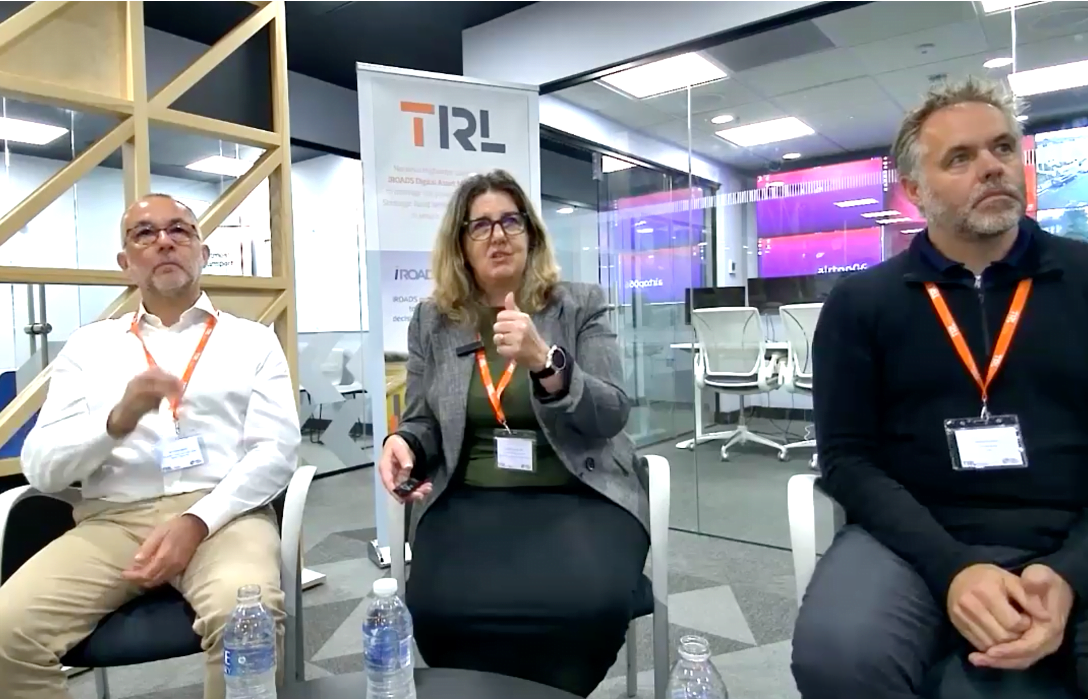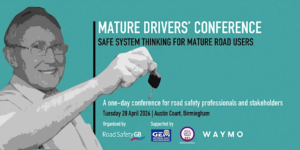Three road safety experts have used a TRL-organised webinar to put their case to the Government to introduce a Graduated Driving Licence in the UK.
A Graduated Driving License would mean that young, novice drivers are restricted in what they can do, giving them time to get the experience they need to become safe and competent drivers before they face high-risk situations.
The webinar, held in front of a live audience at the Smart Mobility Living Lab in London featured Professor Rebecca Ivers AM FAHMS FRSN, Head of Scientia Professor and Head of School, School of Population Health, University of New South Wales Sydney, Dr Shaun Helman, Chief Scientist, TRL and Dr Ian Greenwood, a campaigner to stop road death.
Dr Greenwood, whose 12 year old daughter was killed by a novice driver racing his friends at high speed, told viewers how “an absolute ton of peer reviewed evidence has been developed over the decades from different countries across the globe, which has pretty much proven that graduated driving licenses are effective,” and went on to list details of political discourse over the past four decades which looked at, but never committed to, the idea.
The concept has been introduced in Australia, where Professor Ivers explained the implementation and its effectiveness: “We have seen that over that across the 15 to 24 year age group, fatalities have reduced by 29% over the last 10 years,” she said, and “In New South Wales, we’ve seen a 50% reduction in the number of young drivers killed.”
TRL’s Dr Helman looked at some of the arguments against a Graduated Driving Licence and showed research which he said rebutted all of the objections, and then suggested that, because the UK has relatively safe roads compared to other countries, opportunities to further make them safer have not been prioritised: “Great Britain has some of the safest roads in the world. Now that’s an explicit comparison with other countries that we lean on heavily to show that we’re doing well, but when we have lessons, we can learn from other countries that are acting on risk factors that, frankly, are universal, and that would work well here we step back and say, no, no, we’re too different. We can’t.” He then told the audience “That, to me, is disingenuous at best.”
You can watch the whole presentation plus the Q and A and discussion, chaired by Highways News co-owner Paul Hutton, here.
(Picture shows, L-R, Dr Greenwood, Prof Ivers and Dr Helman)
























